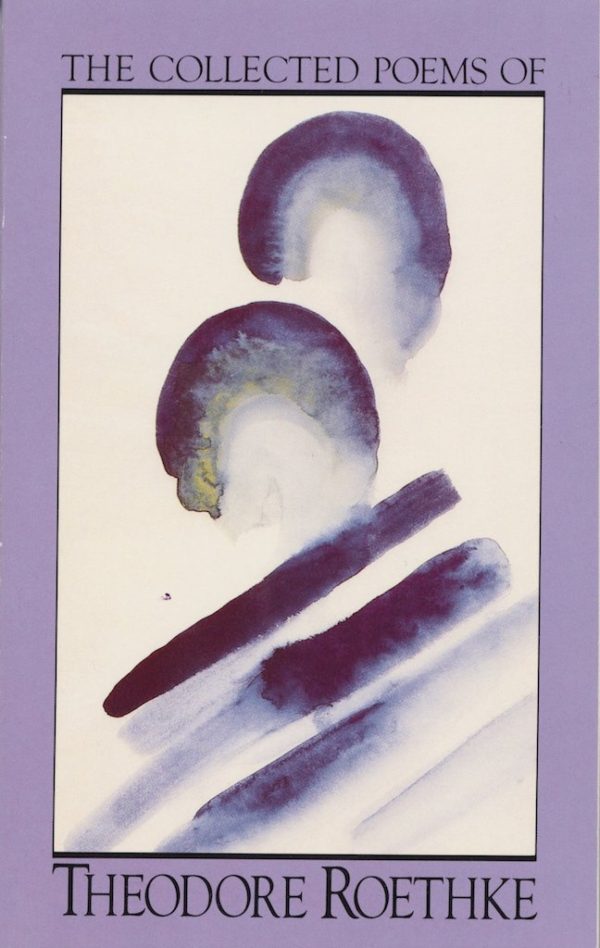In 7th grade, I had the good fortune to be assigned a poem to read by Theodore Roethke — “The Geranium” from his posthumous collection The Far Field.
I read the first lines until I reached “whatever.” I didn’t know the term enjambment but I sure did notice how “whatever” was part of the list comprised of “vitamins” and “water.” And I was excited to see that it joined up with the next line’s “sustenance.” I read on, enjoying the poem but stopped again, this time at “seedy.” Young as I was, I knew what that meant because my uncle owned a bar in Boston that used to be a very famous jazz club—the High Hat. By then, the High Hat had seen better days and my mother always referred to it as ‘that seedy place.’ So I laughed at the pun—did I know the word pun? I was totally engaged by the poem… But—and this is a big But—what really got to me, what really got me sitting up was this moment in the poem…
“Near the end, she seemed almost to hear me—
And that was scary—”
It was at “And that was scary” that something remarkable happened to me. I heard the speaker say—aloud—“And that was scary—”
I really heard him. He was talking to me. He was sitting on my bed, drunk and slurring as he said it and he was saying (confessing) “And that was scary” to himself, but also—I repeat— to me. I was stunned. I thought, “He can do that? He can do that?”
And then I thought, “I can do that. I can do THAT.”
I can get my reader to hear me, to hear what my speakers and characters are thinking, and saying. If this poet can do it, I can do it.
This revelation at a young age, I know, turned me, yes turned me into the writer, reader, teacher, editor that I am today. Later, I’d learn the term mind in action and be reminded of the Roethke poem and understand how he set the moment up—how the em dashes before and after isolate the moment, and how the em dashes that occur earlier in the poem, along with the parenthetical, tutor us to pause and take special note as we read. I look for these moments—sometimes directly expressed, sometimes indirectly, sometimes loud in my ear, sometimes soft.




